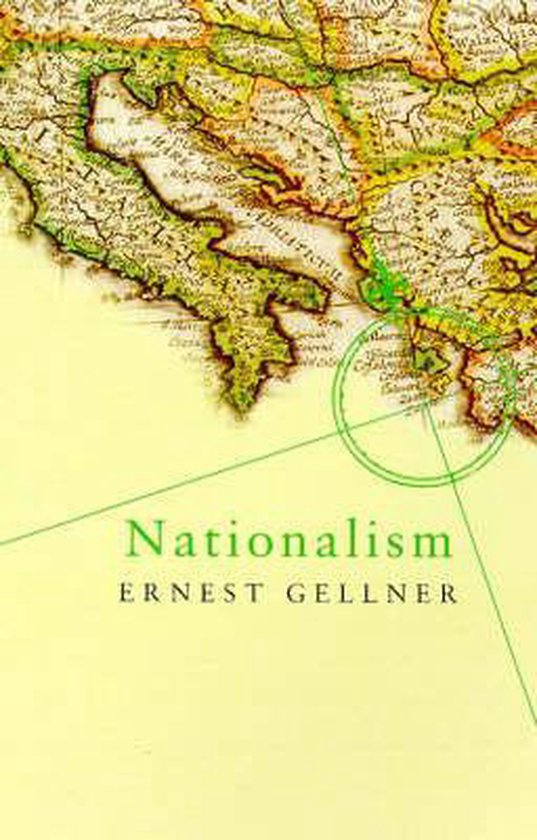
Nationalism
-
AuteurErnest Gellner
- UitgeverijOrion Publishing Co
- Jaar-
Ernest Gellner's 'Nationalism' is a seminal work that delves into the complex phenomenon of nationalism, exploring its origins, development, and impact on modern societies. Gellner argues that nationalism is a product of the modern industrial age, contrasting it with the agrarian societies that preceded it. The book provides a comprehensive analysis of how nationalism shapes identities, cultures, and political boundaries, offering insights into its role in both unifying and dividing communities. With a blend of historical analysis and theoretical framework, Gellner presents a compelling case for understanding nationalism as a necessary condition of modernity, rather than an ancient or natural sentiment. This 300-word description encapsulates the depth and breadth of Gellner's exploration, making it an essential read for anyone interested in political science, sociology, or history.